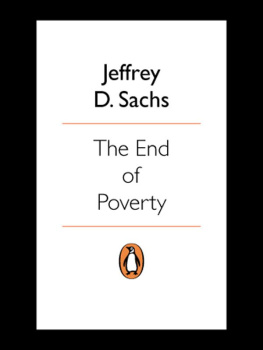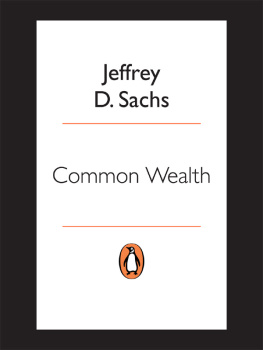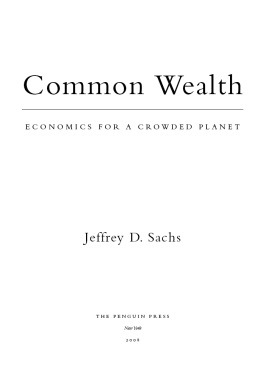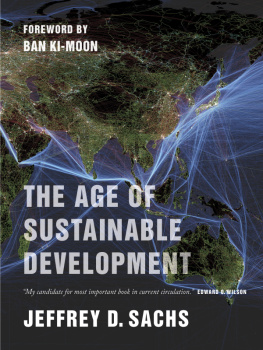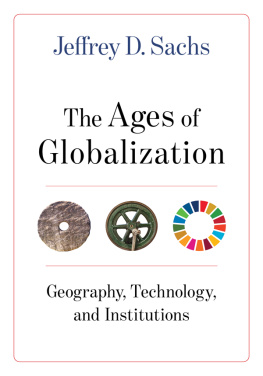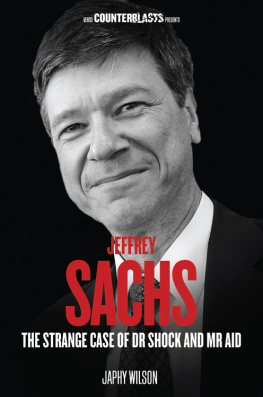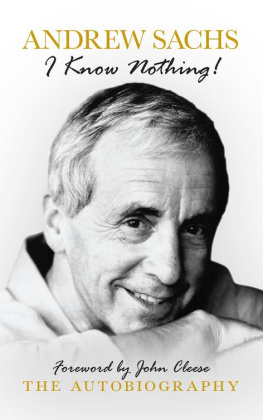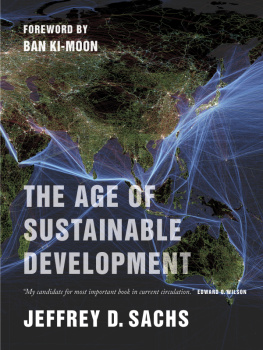Jeffrey Sachs - The End of Poverty: How We Can Make It Happen in Our Lifetime
Here you can read online Jeffrey Sachs - The End of Poverty: How We Can Make It Happen in Our Lifetime full text of the book (entire story) in english for free. Download pdf and epub, get meaning, cover and reviews about this ebook. year: 2011, publisher: Penguin, genre: Politics. Description of the work, (preface) as well as reviews are available. Best literature library LitArk.com created for fans of good reading and offers a wide selection of genres:
Romance novel
Science fiction
Adventure
Detective
Science
History
Home and family
Prose
Art
Politics
Computer
Non-fiction
Religion
Business
Children
Humor
Choose a favorite category and find really read worthwhile books. Enjoy immersion in the world of imagination, feel the emotions of the characters or learn something new for yourself, make an fascinating discovery.
- Book:The End of Poverty: How We Can Make It Happen in Our Lifetime
- Author:
- Publisher:Penguin
- Genre:
- Year:2011
- Rating:4 / 5
- Favourites:Add to favourites
- Your mark:
The End of Poverty: How We Can Make It Happen in Our Lifetime: summary, description and annotation
We offer to read an annotation, description, summary or preface (depends on what the author of the book "The End of Poverty: How We Can Make It Happen in Our Lifetime" wrote himself). If you haven't found the necessary information about the book — write in the comments, we will try to find it.
Jeffrey Sachs draws on his remarkable 25 years experience to offer a thrilling and inspiring vision of the keys to economic success in the world today. Marrying vivid storytelling with acute analysis, he sets the stage by drawing a conceptual map of the world economy and explains why, over the past 200 years, wealth and poverty have diverged and evolved across the planet, and why the poorest nations have been so markedly unable to escape the trap of poverty. Sachs tells the remarkable stories of his own work in Bolivia, Poland, Russia, India, China and Africa to bring readers with him to an understanding of the different problems countries face. In the end, readers will be left not with an understanding of how daunting the worlds problems are, but how solvable they are - and why making the effort is both our moral duty and in our own interests.
**
Amazon.com ReviewCelebrated economist Jeffrey Sachs has a plan to eliminate extreme poverty around the world by 2025. If you think that is too ambitious or wildly unrealistic, you need to read this book. His focus is on the one billion poorest individuals around the world who are caught in a poverty trap of disease, physical isolation, environmental stress, political instability, and lack of access to capital, technology, medicine, and education. The goal is to help these people reach the first rung on the ladder of economic development so they can rise above mere subsistence level and achieve some control over their economic futures and their lives. To do this, Sachs proposes nine specific steps, which he explains in great detail in The End of Poverty. Though his plan certainly requires the help of rich nations, the financial assistance Sachs calls for is surprisingly modest--more than is now provided, but within the bounds of what has been promised in the past. For the U.S., for instance, it would mean raising foreign aid from just 0.14 percent of GNP to 0.7 percent. Sachs does not view such help as a handout but rather an investment in global economic growth that will add to the security of all nations. In presenting his argument, he offers a comprehensive education on global economics, including why globalization should be embraced rather than fought, why international institutions such as the United Nations, International Monetary Fund, and World Bank need to play a strong role in this effort, and the reasons why extreme poverty exists in the midst of great wealth. He also shatters some persistent myths about poor people and shows how developing nations can do more to help themselves.
Despite some crushing statistics, The End of Poverty is a hopeful book. Based on a tremendous amount of data and his own experiences working as an economic advisor to the UN and several individual nations, Sachs makes a strong moral, economic, and political case for why countries and individuals should battle poverty with the same commitment and focus normally reserved for waging war. This important book not only makes the end of poverty seem realistic, but in the best interest of everyone on the planet, rich and poor alike. --Shawn Carkonen
From Publishers WeeklySachs came to fame advising shock therapy for moribund economies in the 1980s (with arguably positive results); more recently, as director of Columbia Universitys Earth Institute, he has made news with a plan to end global extreme poverty--which, he says, kills 20,000 people a day--within 20 years. While much of the plan has been known to economists and government leaders for a number of years (including Kofi Annan, to whom Sachs is special advisor), this is Sachss first systematic exposition of it for a general audience, and it is a landmark book.For on-the-ground research in reducing disease, poverty, armed conflict and environmental damage, Sachs has been to more than 100 countries, representing 90% of the worlds population. The book combines his practical experience with sharp professional analysis and clear exposition. Over 18 chapters, Sachs builds his case carefully, offering a variety of case studies, detailing small-scale projects that have worked and crunching large amounts of data. His basic argument is that [W]hen the preconditions of basic infrastructure (roads, power, and ports) and human capital (health and education) are in place, markets are powerful engines of development. In order to tread the path to peace and prosperity, Sachs believes it is encumbant upon successful market economies to bring the few areas of the world that still need help onto the ladder of development. Writing in a straightfoward but engaging first person, Sachs keeps his tone even whether discussing failed states or thriving ones. For the many who will buy this book but, perhaps, not make it all the way through, chapters 12 through 14 contain the blueprint for Sachss solution to poverty, with the final four making a rigorous case for why rich countries (and individuals) should collectively undertake it--and why it is affordable for them to do so. If there is any one work to put extreme poverty back onto the global agenda, this is it. *(Mar. 21) *
Copyright Reed Business Information, a division of Reed Elsevier Inc. All rights reserved.
Jeffrey Sachs: author's other books
Who wrote The End of Poverty: How We Can Make It Happen in Our Lifetime? Find out the surname, the name of the author of the book and a list of all author's works by series.

